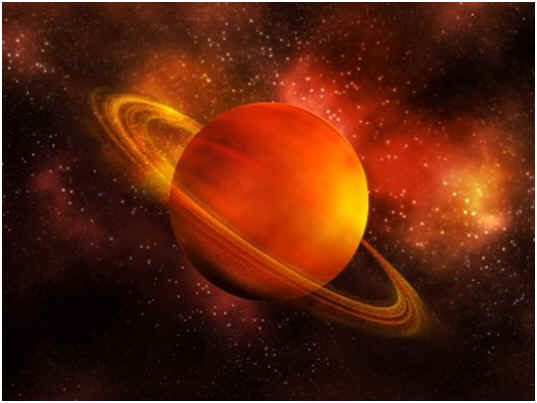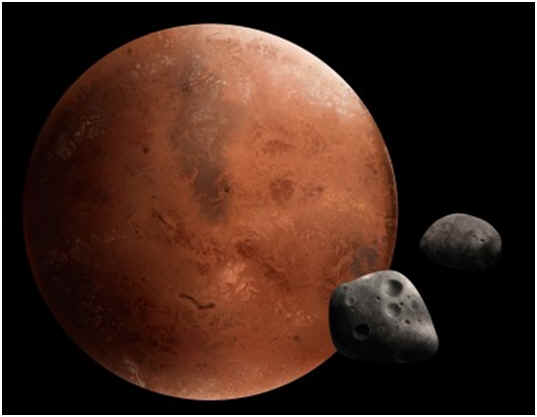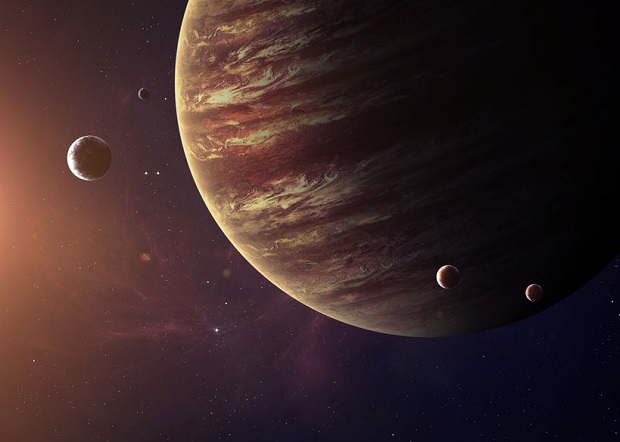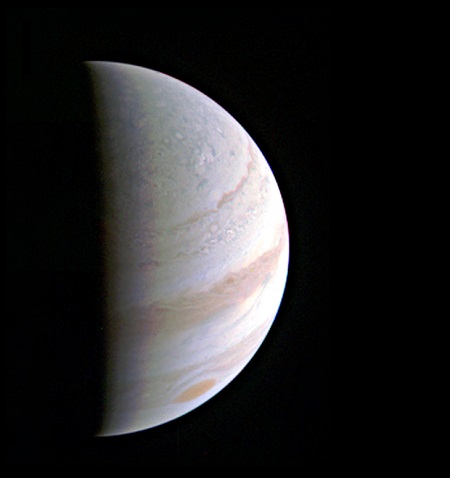
Does Pluto Rotate?
Pluto does rotate, but it does it differently than other planets. Pluto sits furthest away from the sun and has a smaller surface area than the region’s moons. Rotation, however, is one of its key characteristics. It sets Pluto apart from the other planets whose circular rotations take on a traditional solar orbit. When considering rotation, it is crucial to understand what differentiates this planet from the others.
Common Orbital Characteristics
Orbital characteristics include the length of time it takes a planet to circle the sun and the plane it follows. Pluto sits furthest away from the sun than any other planet, so it is not surprising that it takes longer to rotate. Pluto’s orbital period covers 248 Earth years. This means it takes 248 years for it to complete one rotation.
Pluto’s orbit travels differently, as well. Most planets follow a flat pattern when rotating around the sun. Pluto moves at a slight incline, so instead of staying at the same level, it sits lower on one side of the sun than on the other.
The most startling feature of the orbit pattern for the planet Pluto is direction. Pluto moves in the opposite direction of some of the other solar bodies. While most of the planets are going counterclockwise, Pluto circles clockwise.
Stability
The difference in the rotation of Pluto does not make it less stable, however. The planets move in relation to one another, so if the bodies closest to it, especially the planet Neptune, maintain a stable orbit, they keep Pluto moving along the same track. Over millions of years, these orbits may degrade enough, so eventually, there will be a collision. For now, Pluto rotates a safe distance away from its only neighbor.





